As a friend of mine quipped, “Who doesn’t have anxiety after 2+ years of pandemic?!” With anxiety diagnoses on the rise and mental health resources strained to the limit, it’s an excellent time to share some self-care ideas for anxiety. I’ve struggled with anxiety most of my life, and I’ve found some tips and products that help me manage my anxiety well.
This post contains affiliate links. As an Amazon Associate I earn from qualifying purchases made from the links on this site, at no extra cost to you. Thanks for supporting our family business!
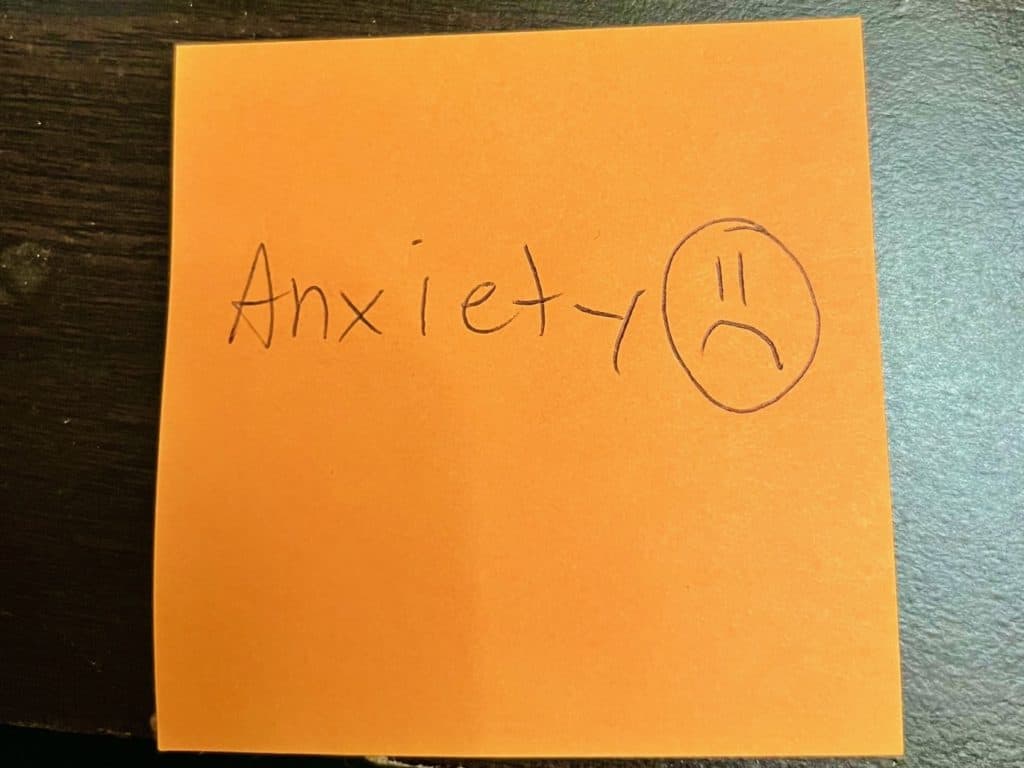
Table of Contents
I truly believe everyone can benefit from learning how to reduce anxiety through good self-care — it’s a life skill!
Disclaimer: I am not a medical or mental health professional, and this post is not meant to substitute for professional medical or mental health treatment. I am sharing my personal experiences and suggestions that I have found helpful in dealing with my anxiety.
In this post, I’ll share my own experiences with anxiety. I’ve found that reading a list of symptoms is not always as helpful as sharing a real person’s experience. If you think you or someone you know is struggling with anxiety, my descriptions may be helpful to you.
If you already know you have anxiety, feel free to skip ahead. Further down in the post you will find tips and self-care ideas for anxiety.
Childhood Experience with Anxiety
When I was 10 years old, my family moved from Los Angeles to Jamaica to serve as missionaries. My entire existence was upended, and “culture shock” seems almost too tame a phrase for the experience. Nothing about my everyday life was the same.
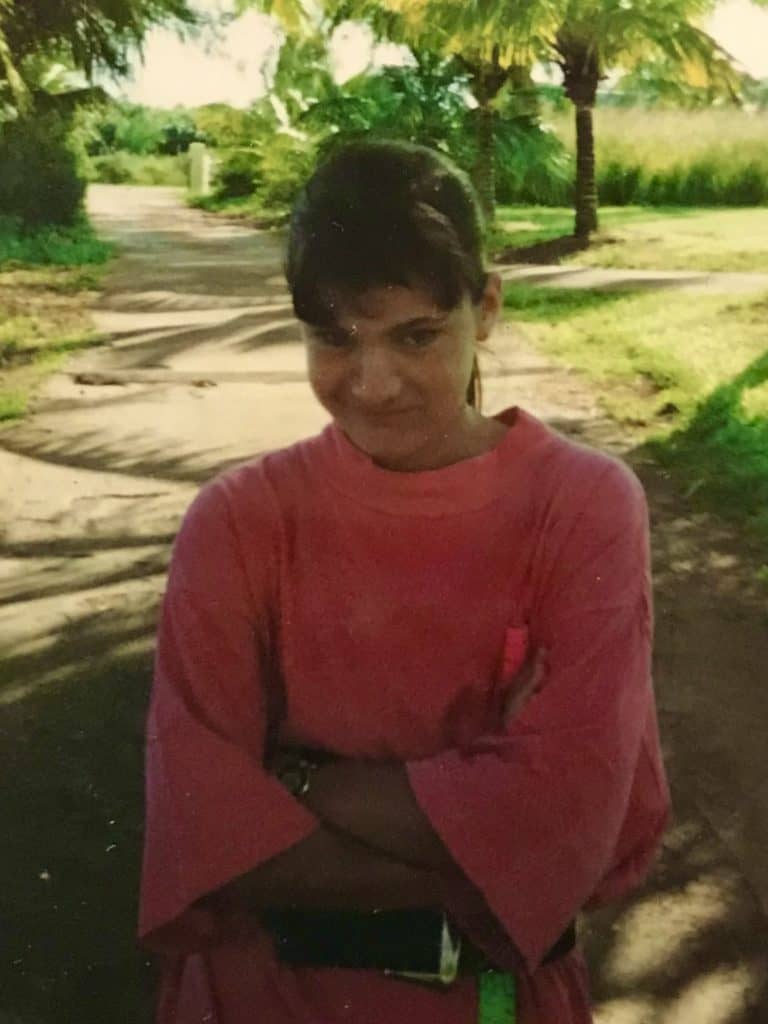
That kind of drastic change creates huge stress, especially on a child. No one talked about anxiety in kids at that time (the 1980s and 1990s), and we had limited medical care where we were in Jamaica.
@dinkumtribe When you move to a new country, you catch all the new viruses that are endemic. @dinkumtribe @dinkumtribe @dinkumtribe #missionarykidproblems #missionarykidtrauma #missionarykids #jamericantiktok🇯🇲 #jamerican🇯🇲🇺🇸 #stomachbugsaretheworst #stomachbugsucks #norovirus #foodpoisoningsucks ♬ original sound – DinkumTribe ADHD family travel
My parents were busy trying to adjust to life in a new country, with a new job, and trying to keep my younger siblings alive (ages 8, 5 and 2) in a country full of unfamiliar dangers. I was mostly left to myself to figure things out.
Symptoms of Anxiety in my Childhood
As the stresses of academics started to increase, around age 12 I started having difficulty falling asleep at night. This had never been an issue for me before— usually, I was asleep minutes after hitting the pillow.
Sleep disturbance, digestive upset
Now, suddenly, within minutes of laying down, my tummy started cramping, and I started having loose stools and having to go to the bathroom every few minutes. After an hour or two of this, I would finally doze off fitfully.
@dinkumtribe My experience with anxiety as a child/ teen. #childhoodanxiety #anxiousteens #dinkumtribe_anxiety #anxietyawareness ♬ original sound – dinkumtribe
The first few nights this occurred, I told my parents about it. We were all concerned that I might be coming down with a stomach bug (which happened every other month in our first year on the island).
However, I would wake up in the morning with no symptoms other than exhaustion due to lack of sleep. Since it was harder to catch up on schoolwork than it was to go to school, I went to school.
Headaches
Around this time, my headaches also began to increase. I had had them since I was about 9 years old, but now they became a near-daily occurrence.
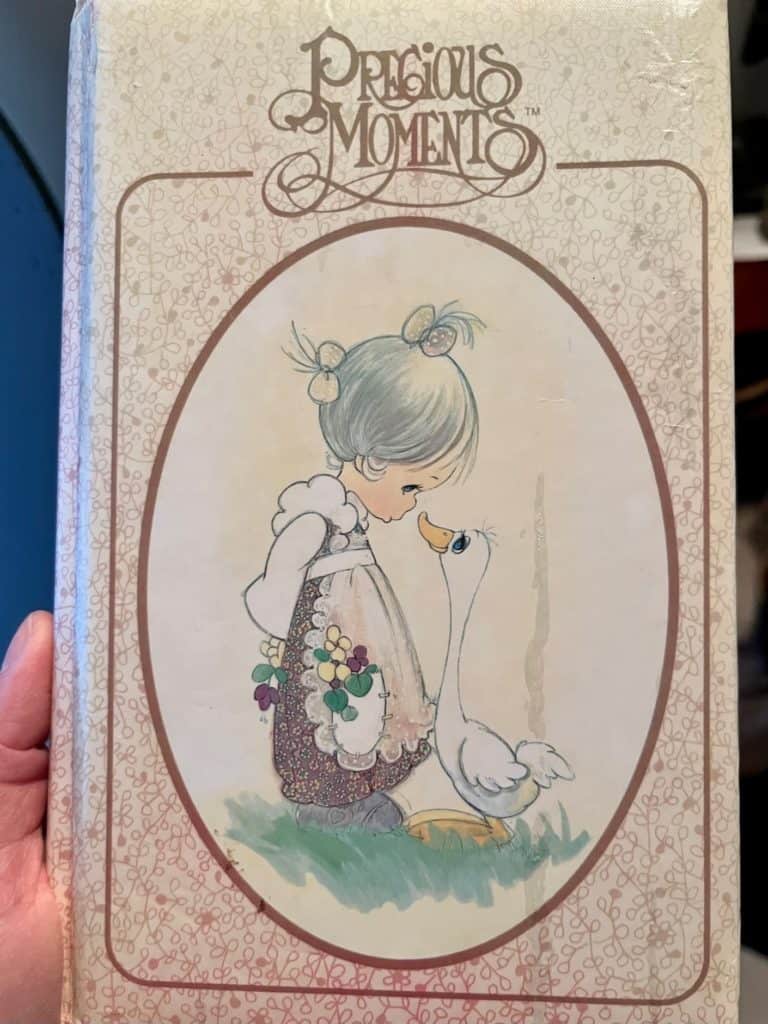
When I brought this to my mom’s attention, she advised me to keep a journal about the headaches. But I was never supplied with a journal for that purpose, and Mom didn’t ask me about it.
I don’t remember ever having a conversation with a medical professional about my headaches until well into adulthood.
@dinkumtribe It takes a lot of concentrated effort to start recognizing your own needs, after years of being taught to ignore them, or minimize them. @dinkumtribe @dinkumtribe @dinkumtribe #ChildhoodAbuse #AbuseRecovery #SpiritualAbuse #childhoodtrauma #ChildhoodNeglect #Migraines #MedicalNeglect ##religiousabuserecovery##ReligiousTrauma##migrainesufferer ♬ original sound – DinkumTribe ADHD family travel
No treatment
When I tried to figure out what was causing my regular digestive upset, my dad’s response was to say that I was being a hypochondriac and there was nothing wrong with me. From that point on, I no longer bothered my parents with my struggles to fall asleep.
It was clear that they had no idea what to do, and it was only irritating to them for me to keep bringing it to them.
How I Coped with Childhood Anxiety
My sleep difficulties continued for over a year. The headaches continued well into adulthood (more on that later). I was desperate to find a way to get to sleep without feeling sick every night.
Then one day, while we were visiting a friend’s house here in the States while on furlough, I stumbled upon a book in my friend’s library about relaxation techniques. I read about progressive relaxation and decided to try it.
@dinkumtribe Anxiety tips Part 4: progressive relaxation grounding exercise. #anxiousthoughts #anxietyrelief #groundingtechnique #dinkumtribe_anxiety ♬ original sound – dinkumtribe
The first night I tried it, I fell asleep in minutes — no tummy trouble! It was a miracle to me, and within a few weeks, I was able to fall asleep easily again.
I eventually mostly forgot about the entire experience. Note that I didn’t recognize this as anxiety at the time.
Clarity and recognition
Years later, when my daughter began to have a similar struggle with getting to sleep at night, it clicked. She was the second of my children to struggle with anxiety, but I still didn’t recognize it, even with my older child.
I finally clued in while sitting in a doctor’s office with a huge “stress and anxiety” poster on the wall. The symptoms on that poster matched my teen experience perfectly… and my both daughters’ experiences too.
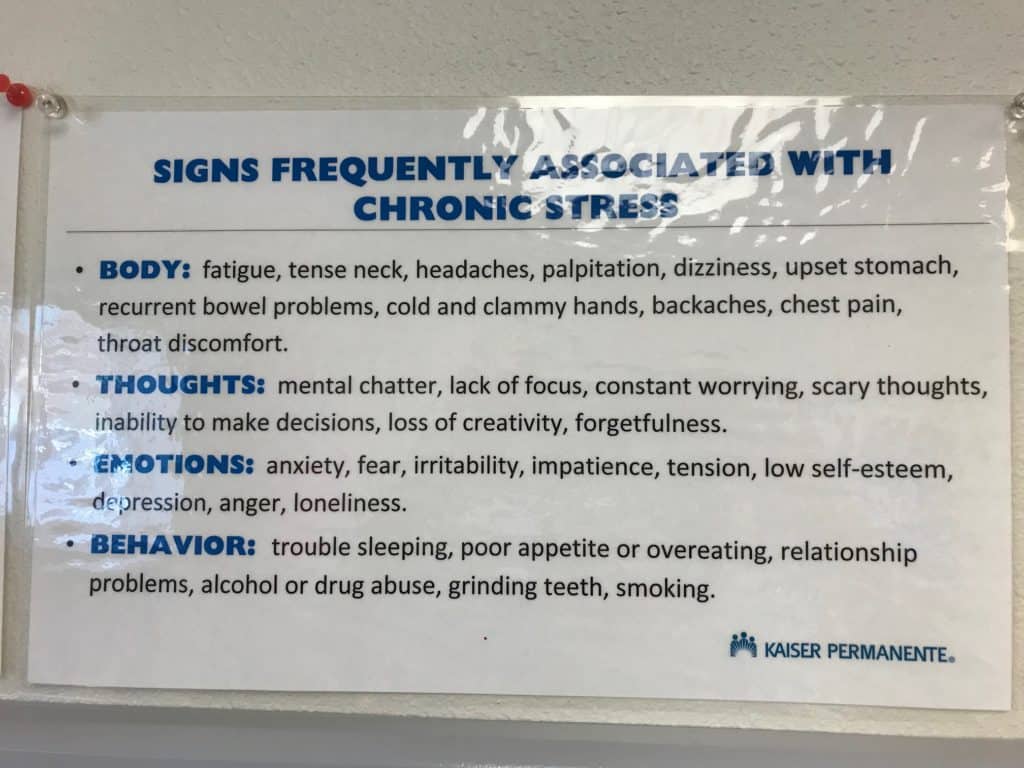
I’ve shared this part of my story here because I want other parents to see how easy it can be to dismiss a child’s or teen’s anxiety.
(My friend Victoria has a great post on how you can help your teen diagnosed with an anxiety disorder. I wish I had known about it before my kids were struggling with it!)
My anxiety caused me a great deal of distress! However, I was a top student, active in church, and not getting into trouble, so it seemed like I was managing okay on my own.
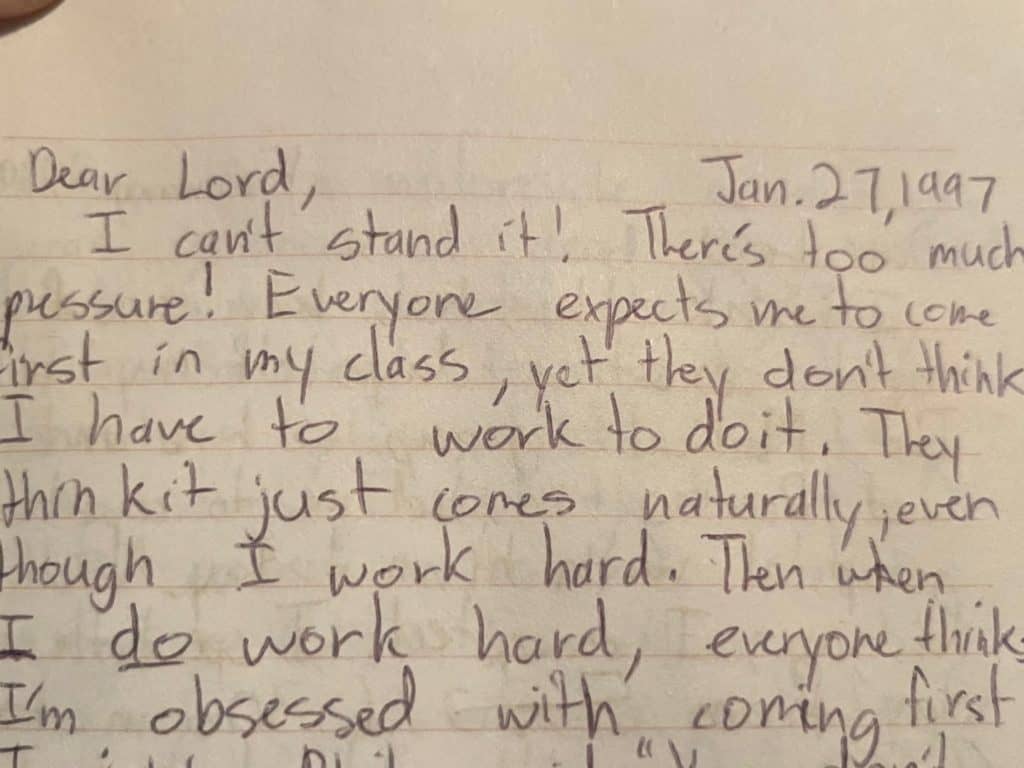
As an adult, I now recognize that there was a huge, invisible cost I was paying.
I also share it so that if anyone reading this doesn’t have access to medical help or professional counseling, you can know that it is possible to experience real relief by using the self-care ideas for anxiety I’ll share later on in the post. I strongly advise working with a doctor and trained counselor, but I realize those resources aren’t always readily available.
Anxiety in Adulthood
In 2020 I first recognized that I was suffering from anxiety. I began having panic attacks consistently following church meetings. This was due to ongoing spiritual and emotional abuse that was happening in that setting, which I had just started to understand and recognize.
@dinkumtribe Emotional abuse, spiritual abuse and mental abuse don’t leave visible marks, but the physical side effects on the survivors are serious. For me, panic attacks and migraines were the biggest ones. @dinkumtribe @dinkumtribe @dinkumtribe #SpiritualAbuse #EmotionalAbuse #ReligiousAbuse #EmotionalManipulation #MentalAbuse #AbuseRecovery #childhoodneglect #traumatok #traumasurvivor #childhoodabuse #childhoodtrauma #healingtrauma #sexualabuse #sexualabusesurvivor #survivortok #nocontact #nocontactwithparents #migraineawareness #migrainetips ♬ original sound – DinkumTribe ADHD family travel
Panic attacks begin
Panic attacks are terrifying! For me, it started with a tightness in my chest and throat. I could hear and feel my heart pumping and racing inside my body, even though I was laying down.
That was the strangest part of the whole thing— the attack always showed up when I was starting to relax in bed and falling asleep. It’s not a time you expect your body to suddenly feel like a lion just came roaring out in front of you! Yet that’s exactly the kind of feeling my body was having.
I forced myself to lay still, breathe deep, and take my pulse. The steady continuing beat of my pulse reassured me that I wasn’t having a heart attack, and that even though my heart felt like it was racing, I wasn’t in cardiac arrest or distress.
@dinkumtribe This was one of the most shocking moments in my entire life. @dinkumtribe @dinkumtribe @dinkumtribe #SpiritualAbuse #EmotionalAbuse #ReligiousAbuse #EmotionalManipulation #MentalAbuse #AbuseRecovery #childhoodneglect #traumatok #traumasurvivor #childhoodabuse #childhoodtrauma #healingtrauma #sexualabuse #sexualabusesurvivor #survivortok #nocontact #nocontactwithparents #toxicchurch #toxicchurchculture #toxicfamily ♬ original sound – DinkumTribe ADHD family travel
The second or third time it happened, I connected the timing with a particularly stressful church service. I also remembered that more than one of my female family members has struggled with panic attacks at some point.
A visit to my doctor confirmed my suspicions that I was experiencing panic attacks and anxiety.
General Information about Anxiety
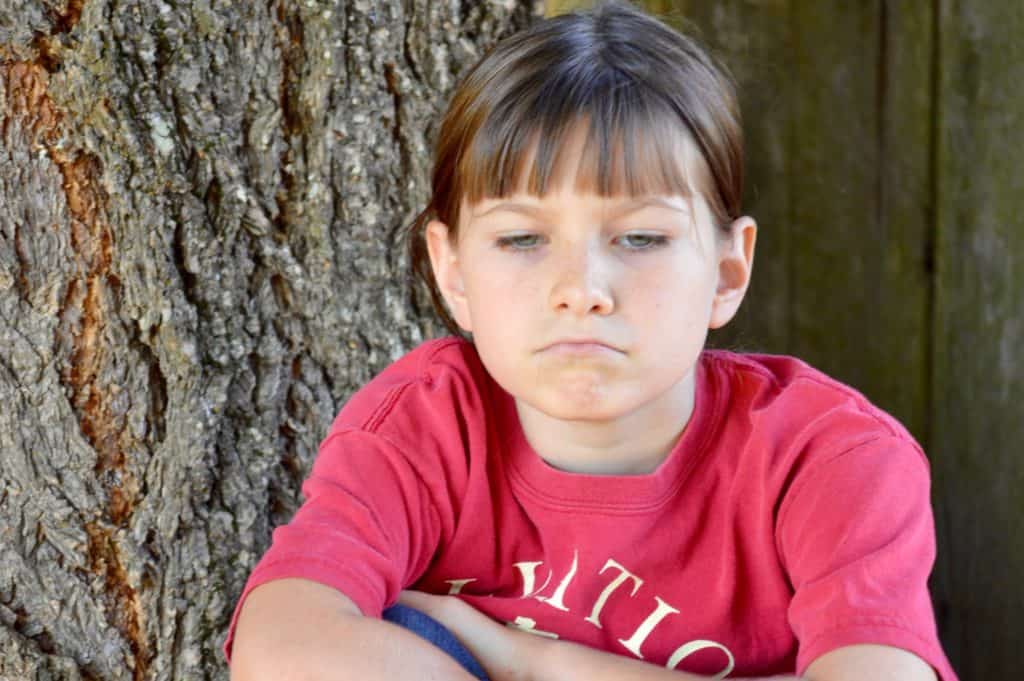
Anxiety is not an uncommon mental health condition. Almost one-third of the United States population will experience an anxiety disorder in their lifetime.
Anxiety tends to run in families, so if you have a family member with anxiety, you are more likely to develop anxiety. Anxiety often occurs with other mental health issues such as depression or substance abuse disorders.
The World Health Organization has stated that the incidence of anxiety and depression increased worldwide by 25% due to the pandemic.
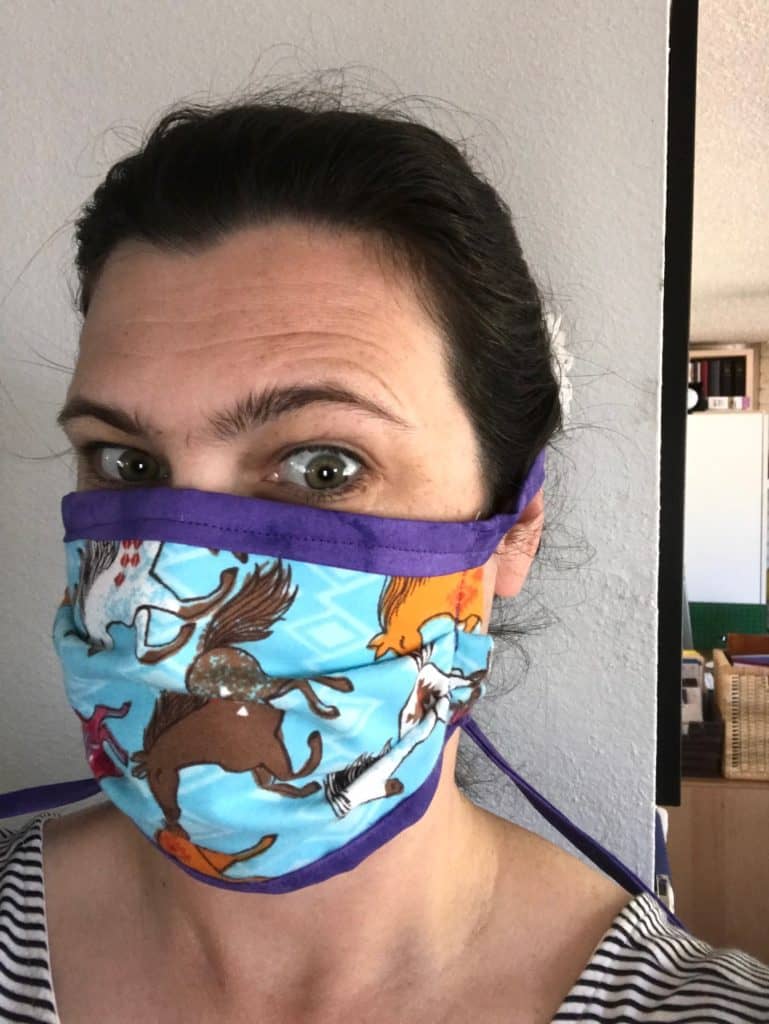
Social distancing and face masks are directly connected to an increase in anxious feelings. I’ve spoken with several friends who found that wearing face masks triggered panic attacks for them.
Sadly, many people who have symptoms of generalized anxiety disorder wait longer than 2 years to seek diagnosis and treatment. It’s hard to accurately measure the long-term effects of chronic anxiety, but it does seem to exacerbate many health problems.
Please don’t wait to seek treatment if you think you may have anxiety.
Treatment of Anxiety and Anxiety-related Disorders
If you suspect that you or a loved one is struggling with anxiety, the first thing to do is to connect with your health care providers. A doctor or other medical professional will help you determine the correct diagnosis for your anxiety issues.
Your doctor can discuss options and treatment plans with you and may prescribe medication to help, especially at the beginning.
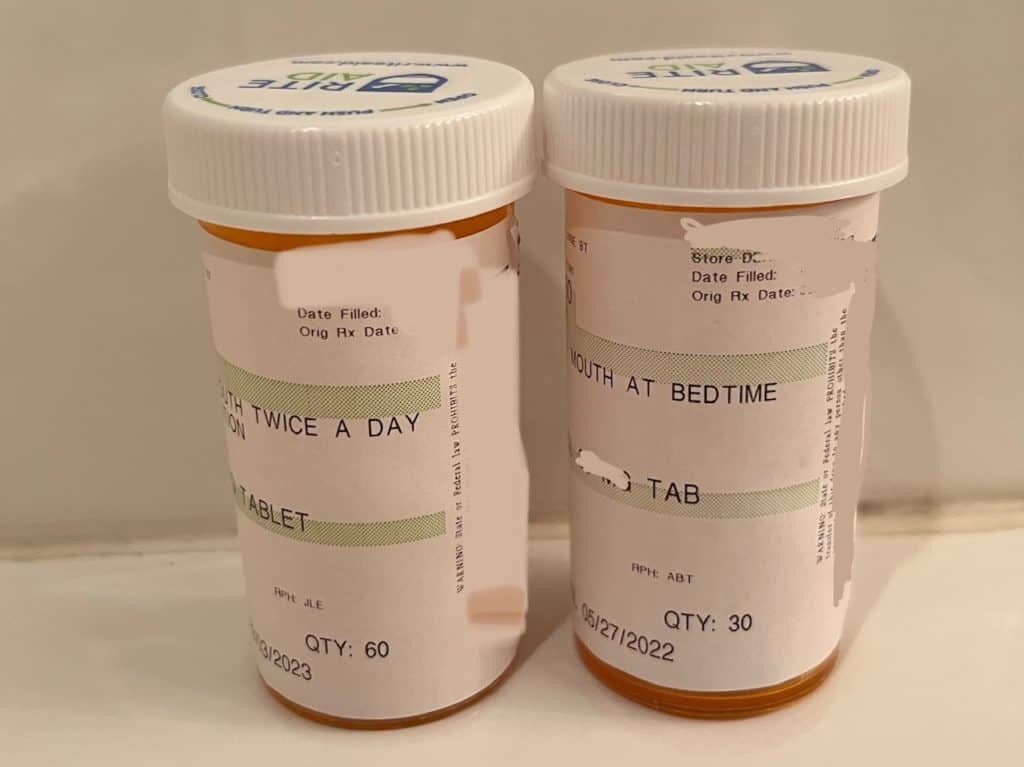
Please note that needing medication for anxiety does not indicate any moral or mental failure on your part! Although anxiety is a mental health condition, the body and mind work together so closely together that medication is often a good way to help heal both.
Medication also minimizes some of the long-term impacts that can occur when your body has been exposed to stress hormones for such a long time.
Coping with Anxiety
I have found that there are two major factors to take into account for anxiety: self-care as a preventative measure, and in-the-moment strategies. The goal is to reduce anxiety over the long term by implementing a good self-care routine regularly.
However even with a solid plan for self-care in daily life, there will be times when anxiety becomes overwhelming, and you’ll need rapid solutions.
Handling anxiety in the moment
I learned how to handle my anxiety on my own as a teen. While I hate that I had to survive it on my own, I also know that’s why I was able to manage panic attacks as an adult. In this section, I will list several of the best ways I have found to manage panic attacks or anxiety in the moment.
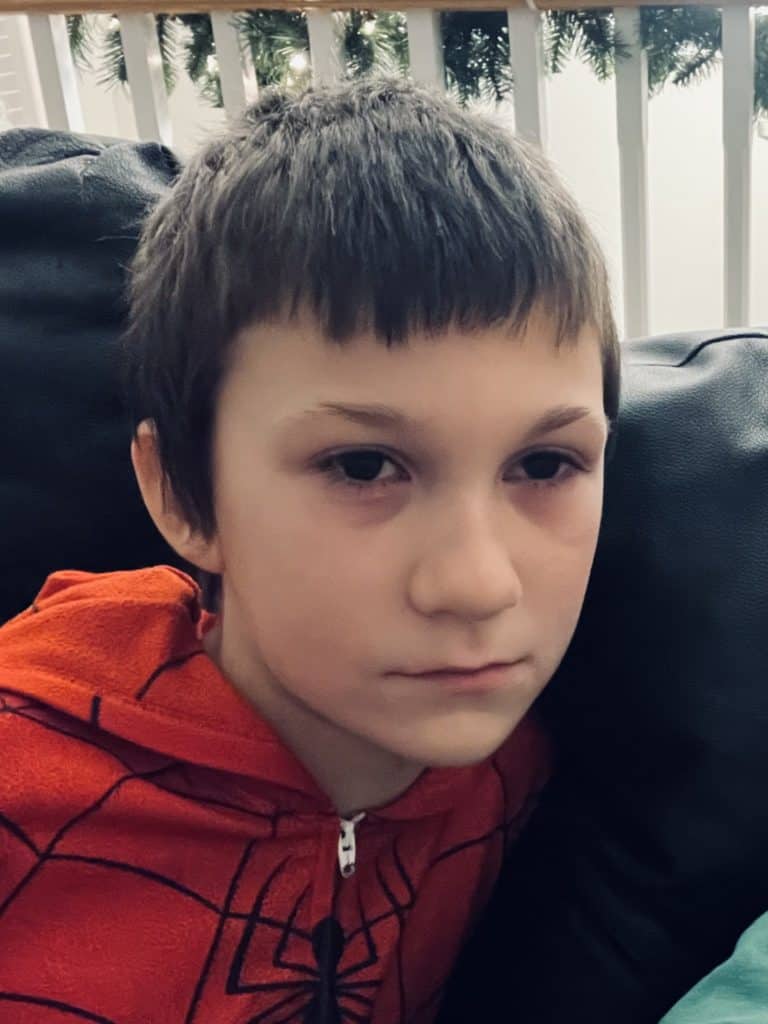
1. Learn and practice deep breathing
The easiest breathing method I have found is one my friend Angela taught me, which she calls “box breathing”. It involved inhaling deeply for 4 seconds, holding that breath for 4 seconds, then exhaling for 4 seconds, and finally holding your breath for 4 seconds. It’s easy to remember, and it’s an effective technique for slowing down your heart rate as you repeat the process.
@dinkumtribe Anxiety tips series, part 2: grounding exercise- “box breathing” #anxietyrelief #anxietytips #groundingtechique #dinkumtribe_anxiety ♬ original sound – dinkumtribe
Deep breathing forces your nervous system to slow down and calm itself. It directly works against the anxious physical responses your body is creating, helping your body and brain to relax.
In stressful times, a few minutes of deep breathing several times a day can significantly reduce your overall anxiety.
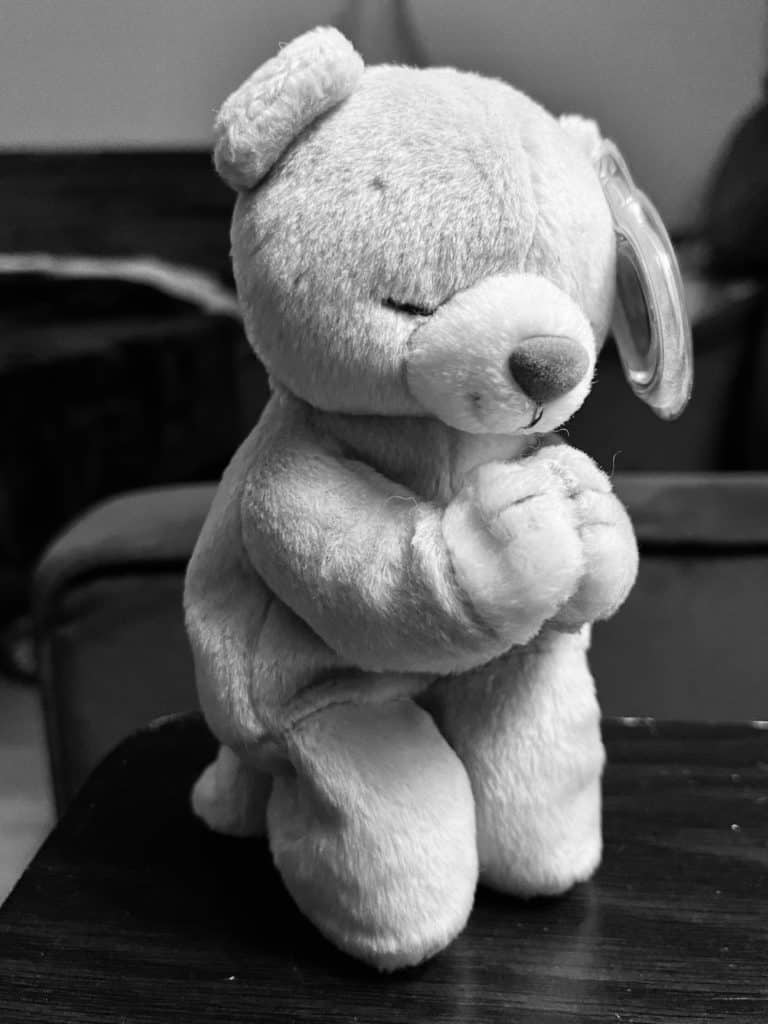
2. Grounding Exercises
An important thing to understand about anxiety is that it is based on fear of what might happen or future difficulty. Therefore, bringing your mind and thoughts into the present moment is one of many small steps that can reduce anxiety.
The first grounding exercise I learned was the progressive body relaxation exercise.
You lay down and starting at your toes, work upwards to other parts of your body. You tense your toes, then say (out loud or in your mind), “My toes are completely relaxed,” and relax your toes. Then tense your legs, and say, “My legs are completely relaxed,” and relax your legs.
Continue until you reach your head and your whole body is relaxed.
Another grounding exercise that I’ve used with my kids is the “5-4-3-2-1” exercise. You look for 5 things you can see, then listen for 4 things you can hear, then 3 things you can smell, then 2 things you can touch, then 1 thing you can taste.
The purpose of this exercise is to remind your body that you are present in this moment, not the one that your mind is fixated on with anxiety.
Self-care Box
A self-care box works best if you set it up at a time when anxiety is low. It’s meant to be a collection of items that help you relax and feel less anxious, so it’s good to spend some time thinking about what works for you ahead of when you will need it.
Here’s a list of possibilities for a self-care box (affiliate links included):
1. Essential oils and diffuser / scented candle / yummy lip balm (to engage your sense of smell)



2. Fuzzy socks (sense of touch)

3. Cards with grounding exercises written on them (in case you can’t think of them during an anxiety attack)
4. Verses or inspirational quotes to meditate on


5. Playlist of calming music (sense of hearing)
6. Journal

7. Coloring book and markers/ pencils


8. Chocolate or favorite snack (sense of taste)

9. Heat pack (sense of touch)

10. Favorite book that engages you and helps you relax
11. My friend Nicole’s book on how to cope with Panic attacks

12. Fidgets (sense of touch and releasing stress)

Self Care Routines
Learning to take care of your emotional health takes concentrated effort and determination. Self-care means taking care of yourself, and that includes all of you— physical needs, emotional needs, mental needs, and spiritual needs.
It’s not selfish to take care of yourself. It’s a sign of maturity. Children don’t know how to take care of themselves, but adults should become responsible for caring for themselves.
Here are some of the best things you can do to consistently reduce anxiety symptoms. Most of these things don’t take much time if you do a little each day, but those small acts of self care will result in huge health benefits over your lifetime.
Journaling
Journaling is a great way to work through your anxious thoughts. As you write them down, it allows your brain to stop “spinning” on the same thoughts over and over again. You don’t have to write long— 10-20 minutes in a day is enough to see results.
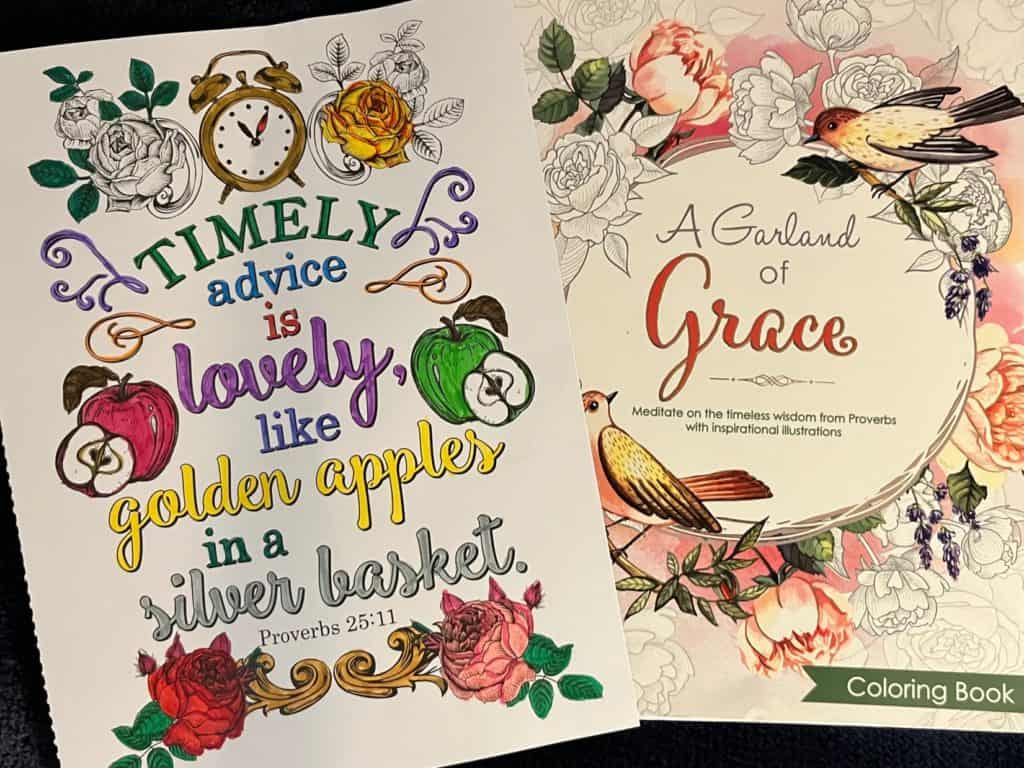
A gratitude journal is also a good idea for stopping anxious thoughts. It helps focus your mind on positive things. It’s another way to help your mind be “in the present moment” instead of catastrophic future thinking.
Fresh Air
Get some fresh air, either by opening the window, sitting outside, or going for a walk. Fresh air and sunshine will make a near-immediate improvement on your attitude.
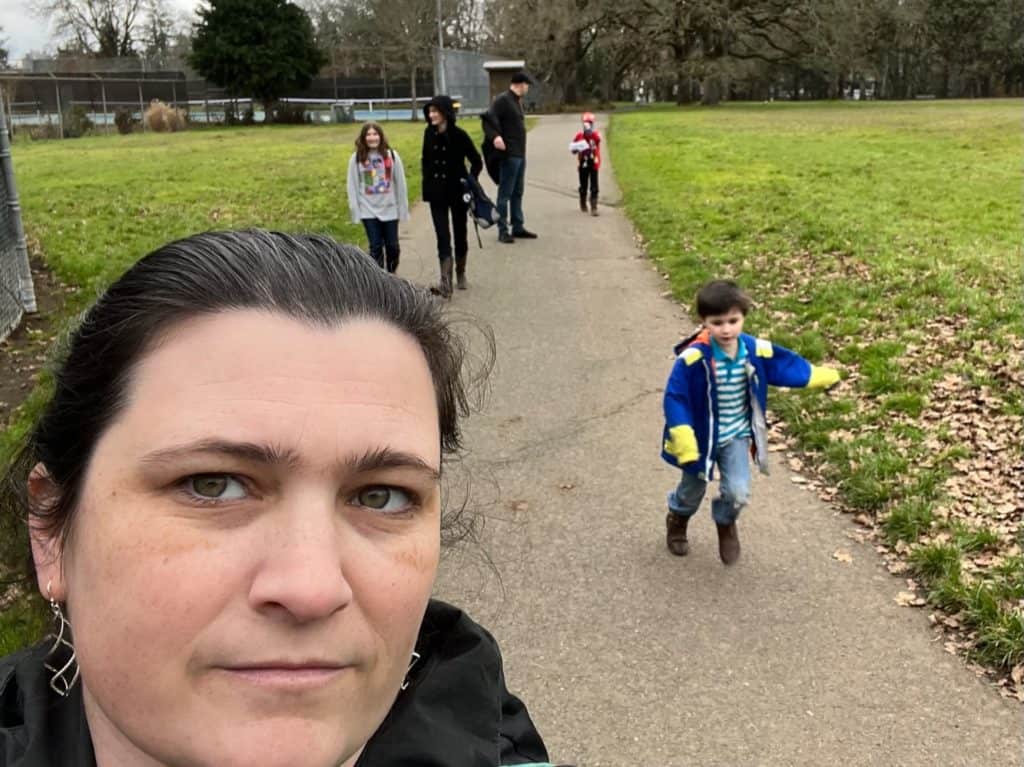
Regular exercise
I admit this is one I struggle with. As a busy homeschool mom of 6 who is also running a blog full-time, it is hard to find time in my day for sustained exercise. However, I have found that even a few minutes going up and down stairs or stretching before bed makes a difference to my anxiety.
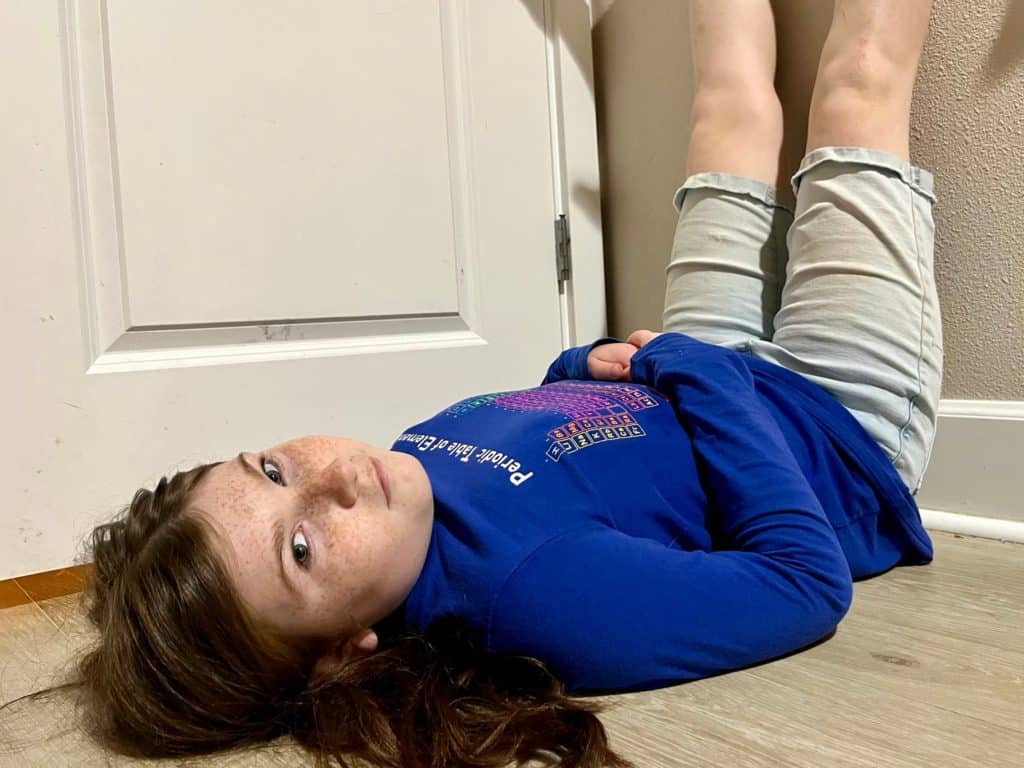
A friend of mine runs on her treadmill whenever she starts to feel anxious, and she finds that her anxiety rapidly dissipates.
Get enough sleep
I am good at this one, probably because I get migraines if I am not getting enough sleep — that’s motivational for sure! A consistent sleep schedule will help reduce anxiety in the long term. Many of us who suffer from panic attacks find that attacks happen more frequently when we are sleep-deprived.
Focus on stress reduction
Some sources of stress are unavoidable. A worldwide pandemic wasn’t something I had an option to skip. For a long time, I had a job that caused huge amounts of stress. However, it is worth figuring out what your stressors are and seeking ways to reduce your stress.
One of the things I find stressful is meal planning and cooking. For the longest time, I spent hours planning and cooking everything from scratch, and trying to change the menu every week.
When I finally realized how much stress cooking was causing me, I decided to stick with a menu that changes quarterly and to buy more ready-made food. We still eat fairly healthy food, and I have a lot less stress!
Set boundaries
This is one of the hardest ones to do, I’ll admit. I suffer from complex PTSD, which is the source of my migraines as well as my anxiety issues.
It took me many years to figure out that some of my lifestyle and relationships were severely impacting my mental and emotional health. Public spiritual abuse and emotional abuse in my local church went unchecked.
My body was responding to that stress with panic attacks, a weakened immune system, and migraines five out of seven days a week!
@dinkumtribe It takes a lot of concentrated effort to start recognizing your own needs, after years of being taught to ignore them, or minimize them. @dinkumtribe @dinkumtribe @dinkumtribe #ChildhoodAbuse #AbuseRecovery #SpiritualAbuse #childhoodtrauma #ChildhoodNeglect #Migraines #MedicalNeglect ##religiousabuserecovery##ReligiousTrauma##migrainesufferer ♬ original sound – DinkumTribe ADHD family travel
Abuse and its impact
When I started to recognize how much my church and extended family interactions were impacting my mental health, I communicated it with several church leaders and with my family. A few people were understanding, but most were not.
I came to a point where I had to choose between my health (and being available in the future for my husband and children), or continuing in the same connections to that church and my extended family. I had to set boundaries that protected my mental, emotional, and spiritual health.
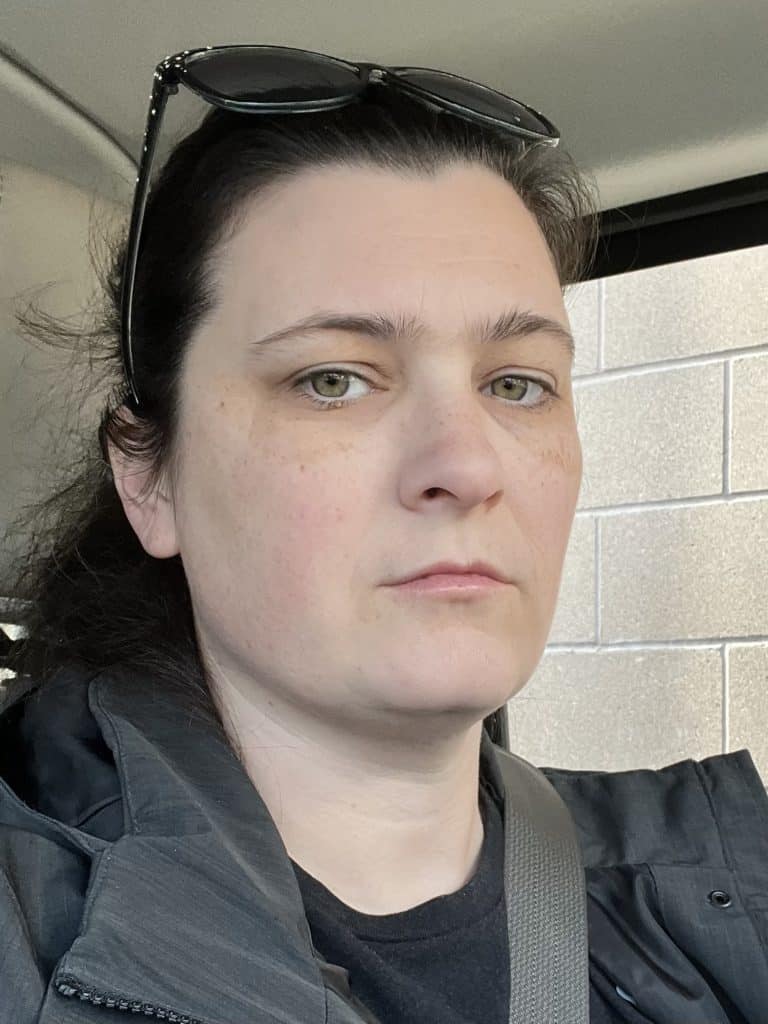
Sadly, this meant the loss of several close relationships with people who were unwilling to change their abusive behavior. Even after I expressed how much pain it caused me, my husband, and my children, they saw no reason to change.
@dinkumtribe We decide to set boundaries when we recognized that verbal communication was fruitless. @dinkumtribe @dinkumtribe @dinkumtribe #SpiritualAbuse #EmotionalAbuse #ReligiousAbuse #EmotionalManipulation #MentalAbuse #AbuseRecovery #childhoodneglect #traumatok #traumasurvivor #childhoodabuse #childhoodtrauma #healingtrauma #sexualabuse #sexualabusesurvivor #survivortok #nocontact #nocontactwithparents #conflictresolution ♬ original sound – DinkumTribe ADHD family travel
Only you can decide what kind of boundaries will be needed to help mitigate your anxiety. My panic attacks and migraines have been greatly reduced since I made those decisions, and I know many others with similar situations who found the same thing.
Abusive or unsupportive relationships can have a huge impact on your anxiety. Setting boundaries for those relationships may be your best preventative measure.
Find support groups
I highly recommend support groups, especially if you are trying to make big life changes to manage your anxiety. The support groups I was already part of made a huge difference to my ability to cope during the pandemic.
Check out groups with similar interests on Facebook, ask at the local community center or churches, or search online. There are lots of resources to connect with other people online, even if you are struggling to connect locally.
Limit social media
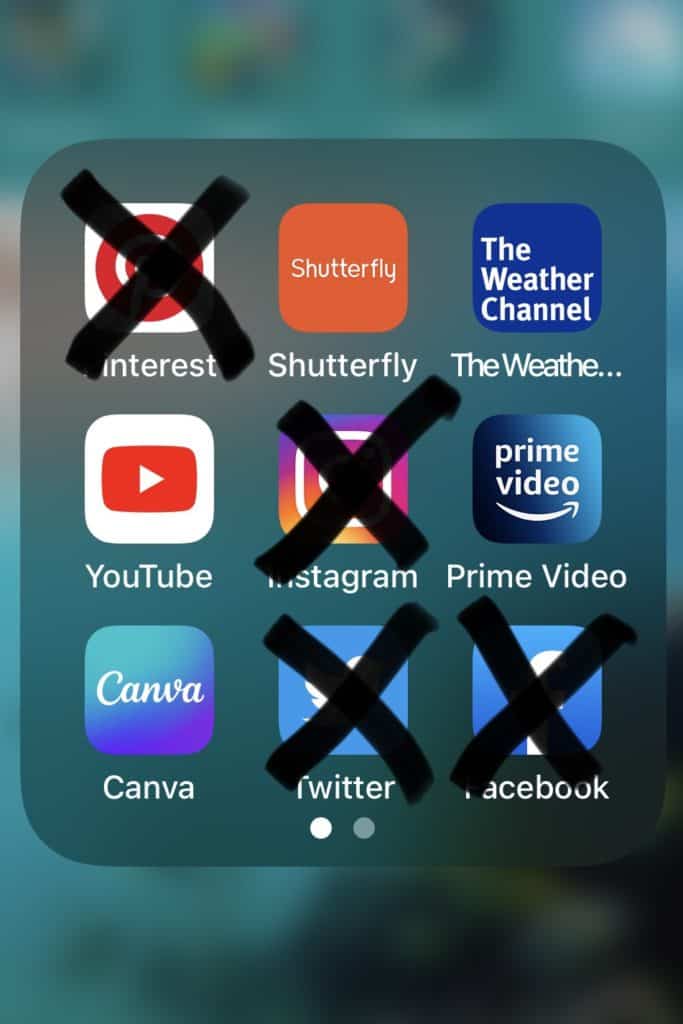
Mindless scrolling on social media is a great way to find conflict, irritation, and bad news! Be careful with when and how you use social media. It can be a great way to connect, but it can also really mess with your anxious thoughts. Set a timer, or only access it when you are feeling well.
Get emotional support (counseling)
Counseling is one of the best ways to reduce anxiety over the long term. A trained therapist can help challenge your anxious thoughts and give you a safe space to talk about whatever worries or concerns you have.
Some therapists also have specific training to help with PTSD, OCD, or other specific anxiety disorders. I’ve been going to counseling for over 6 years (off and on between babies, 😂 ), and my counselor has helped me through so many tough times! It’s expensive but worth every penny.
Develop a few close relationships
It can be tempting to isolate yourself when you have anxiety, especially if your anxiety is connected to other people. However, developing a few close relationships is a huge help in managing anxiety over the long term.
I have a couple of friends who I text nearly every day. We don’t have to see each other in person often, but knowing that we have each other’s backs is just what I need on days when panic is overwhelming me.
Meditation/ Prayer
Everyone can benefit from mediation and prayer. As a Christian, I find that repeating favorite Bible verses is one way to take control of my spinning anxious thoughts.
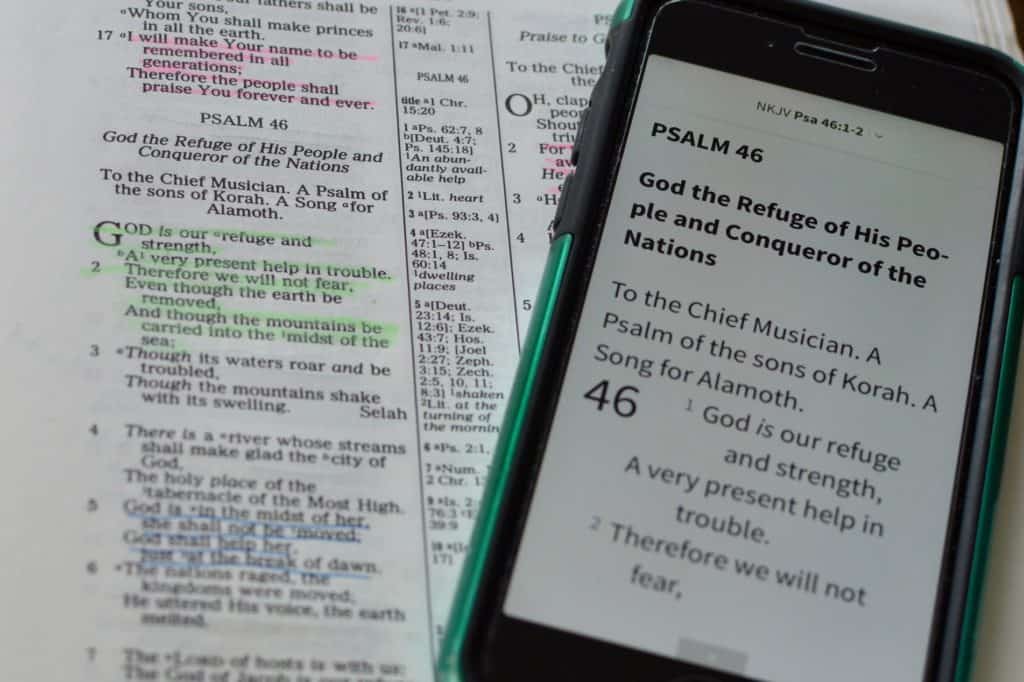
I will pick a short phrase, or a passage I have memorized, and repeat it until my brain naturally settles down. It guides my thoughts out of the anxious rut and into a calm, quiet place. Psalm 23 works well because it has good visual imagery.
Have leisure activities (coloring, sewing, etc.)
I decided to teach myself to quilt about 4 years ago. When I feel anxious, looking at quilting books, or working on a quilting project helps take my mind off the stressful situation. I start to focus on colors and patterns and creativity. My mind can also wander a bit to work through difficult thoughts.
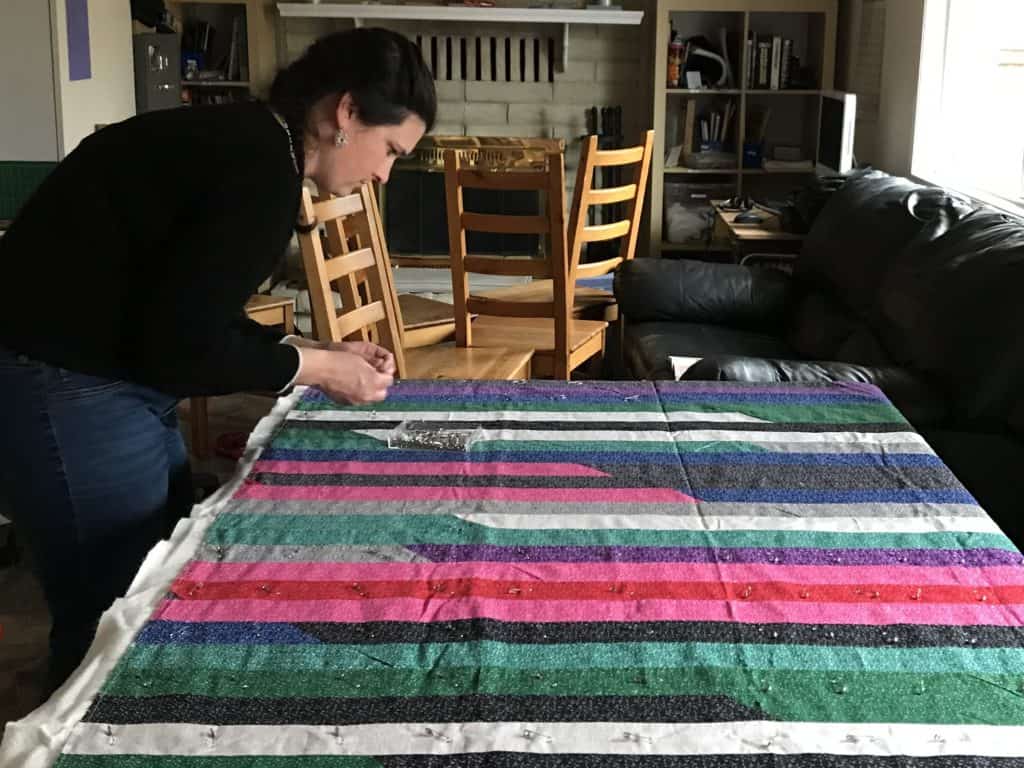
One of my daughters crochets almost constantly. Another has found that coloring pages help her to relax. Find some kind of hobby or leisure activity that you enjoy, and do it regularly. Then when you are feeling particularly anxious, it will be a familiar place to feel peaceful.
My husband finds a hot bath super relaxing, and he takes one nearly every night. I bought him a bath tray that allows him to read a book or watch videos on his phone in the bath, and it’s made his evening routine so much better!
Healthy eating and balanced diet
In our health-crazed society, most of us know that eating a healthy, balanced diet is important, but what we eat can have a profound effect on our mental health as well.
Too much caffeine can increase your anxious feelings and increase your heart rate just like anxiety, so it’s good to be careful of that. Sugar gives a temporary energy boost, but then you crash and have low energy.
Fad diets and special kinds of food aren’t usually needed to help with anxiety. However, being balanced in your food choices and eating healthily every day will generally help you to feel better and avoid mood swings.
Living with Anxiety
Anxiety symptoms often improve with time and treatment, but they may never go away completely. That’s why it’s so important to focus on long-term solutions and self-care strategies.
I hope that some of these ideas will help others who suffer from panic attacks and anxiety-related issues. Please share in the comments what other things you have found helpful in coping with anxiety!
© Copyright Jennifer D. Warren 2022.
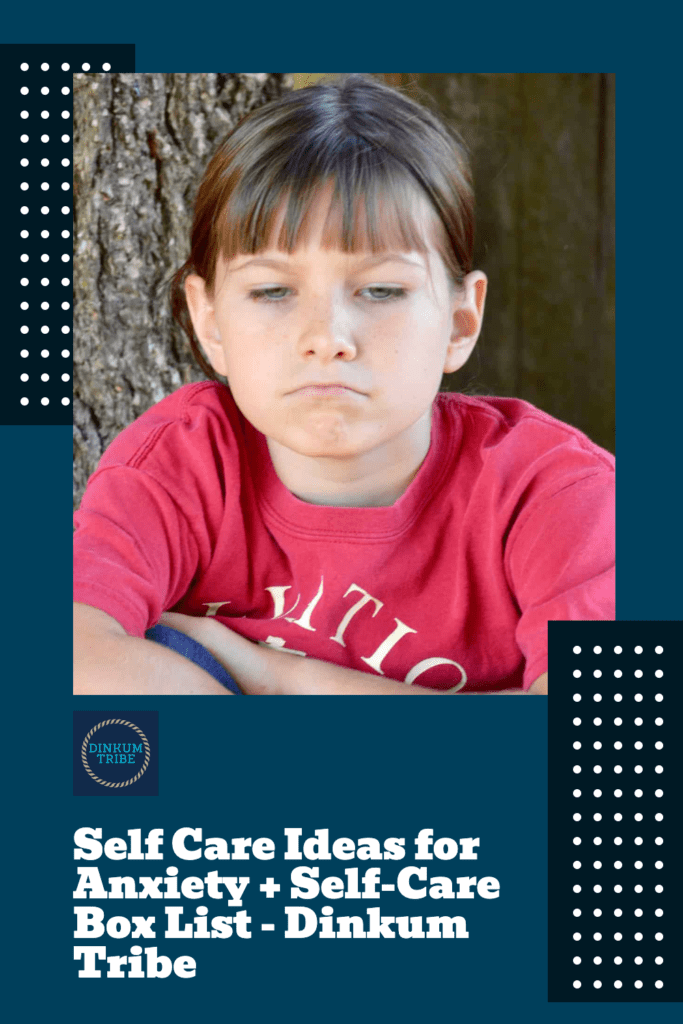
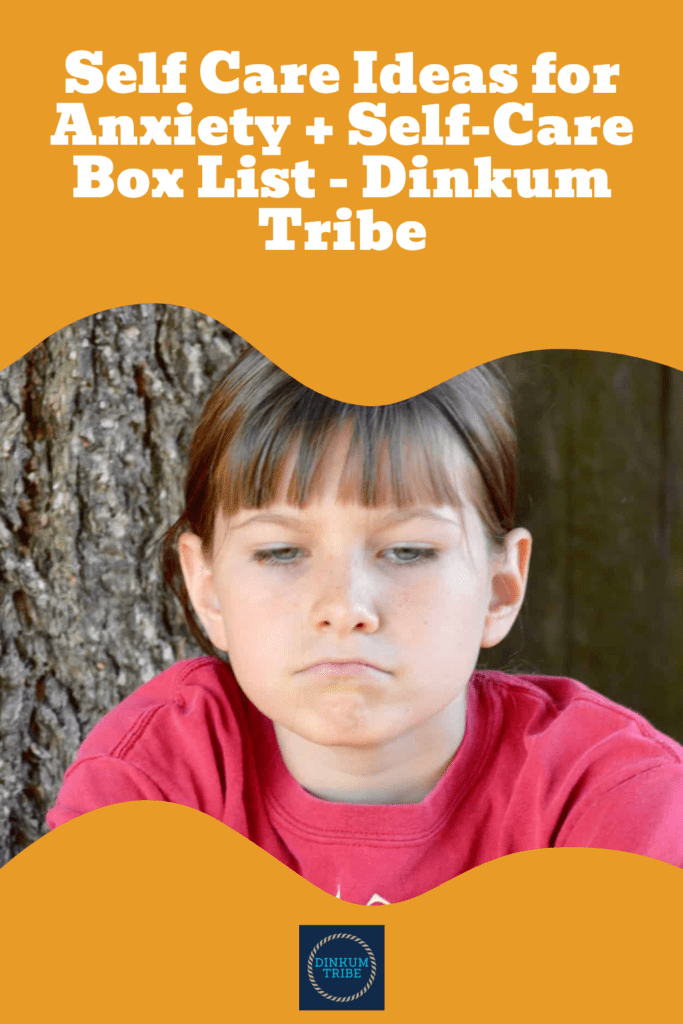
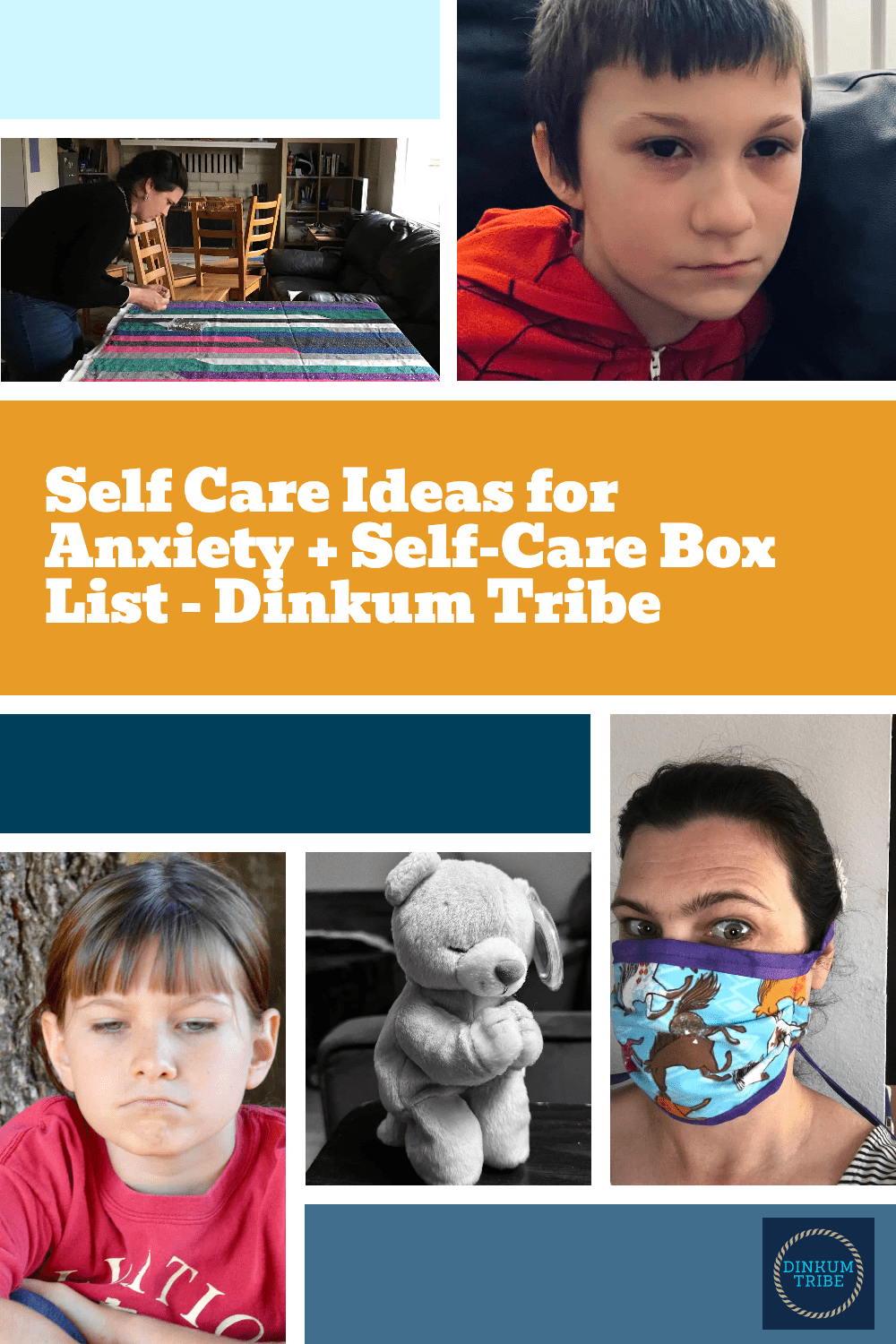
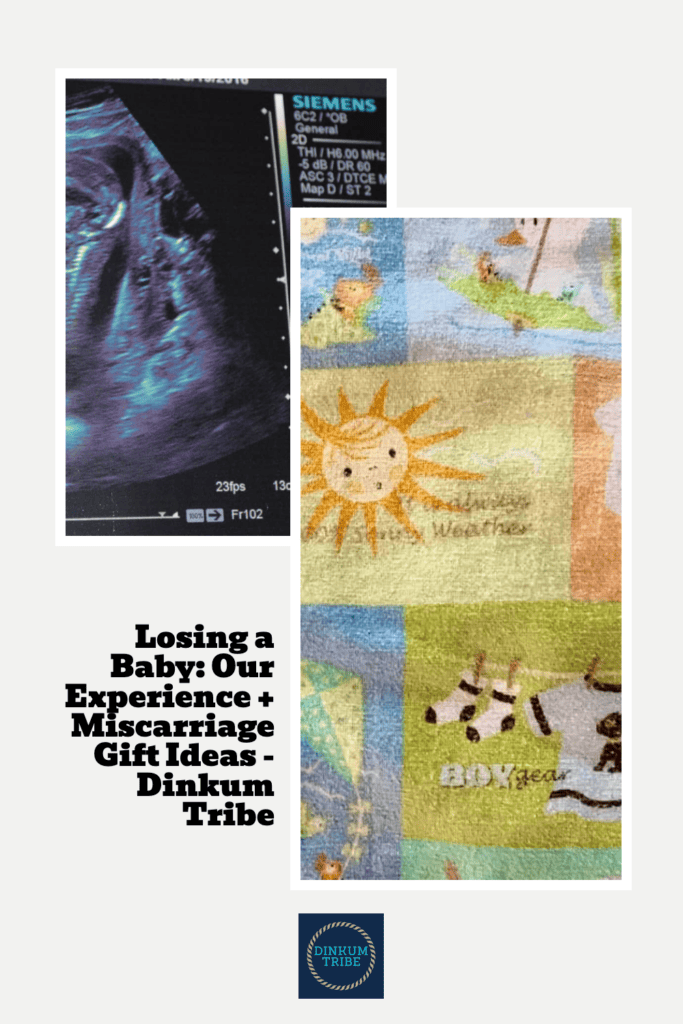
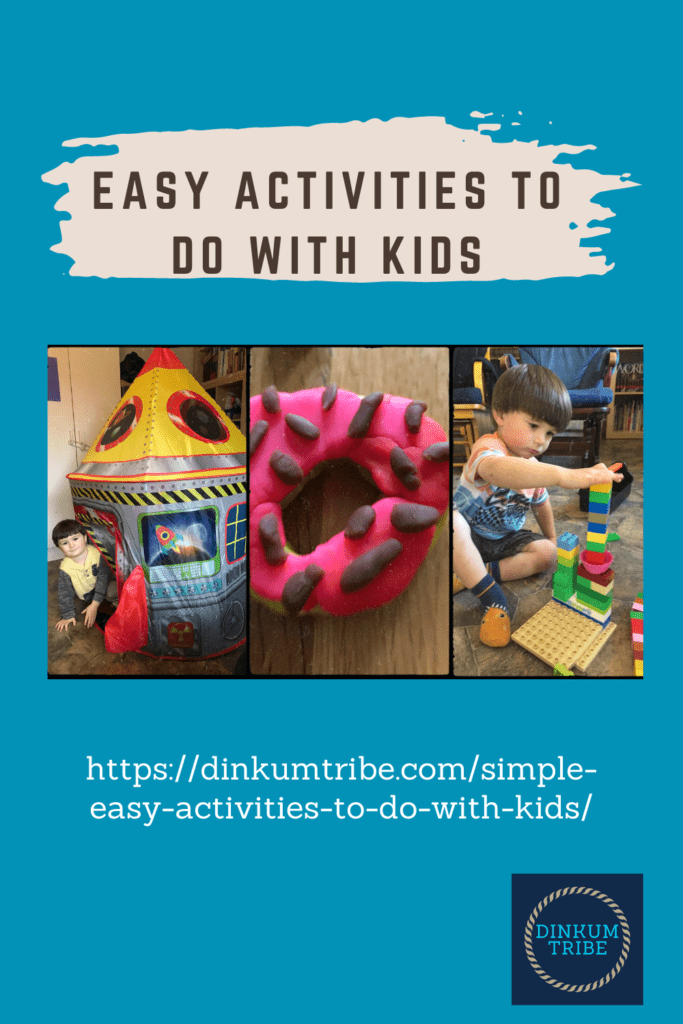
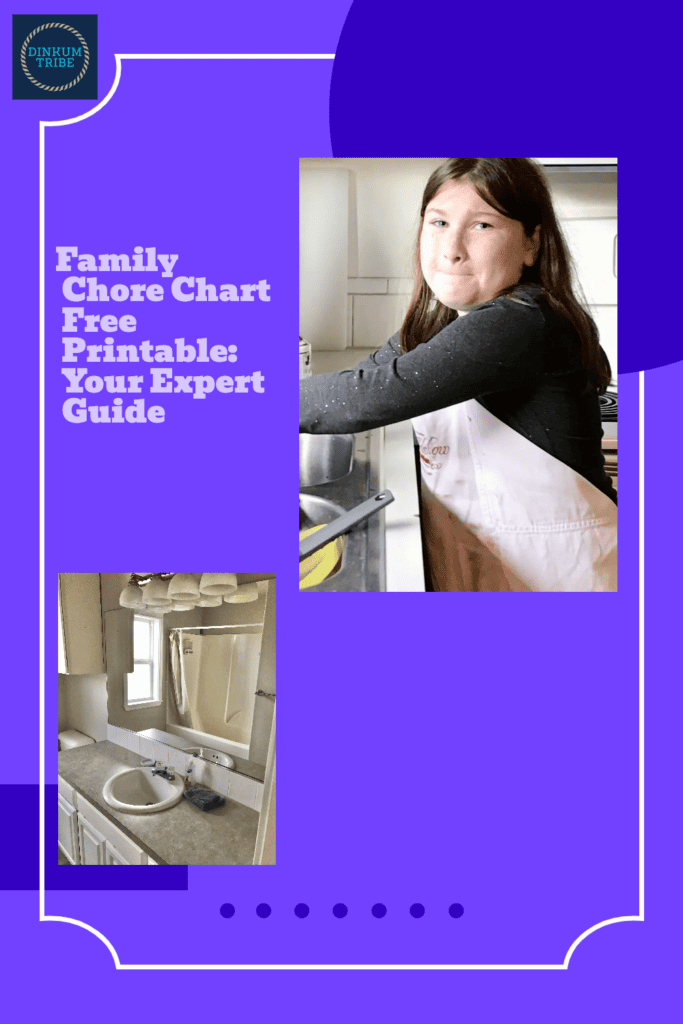
Jennifer, I am so sorry for all of the events that happened in your life that led up to your anxiety condition. These are really great ideas for creating an “anxiety box” to use for yourself or your kids when things get hard. I am honored to have my book included in your suggestions. Thank you for sharing!
Thank you for writing such a helpful book! The Trauma’s Survivor’s Guide to Coping with Panic Attacks is such a gift to those of use who have to live with anxiety.
Yes, anxiety sucks. I started experiencing this in the 70’s during high school, and doctors had no idea what to do about it. It’s unfortunate that there is even more anxiety in very young children today.
So frustrating! I’m sorry for your difficult experience too.
I am so sorry for what you went through, it is only now I think us children of the 70’s and 80′ and before. Realise that what was once thought of as a bad kid or the old suck it up ‘chat’ were actual conditions that we had little control over as we weren’t guided. I have found ways to manage my anxiety but it still sneaks up on me sometimes…thanks for the tips I will be sure to use them…
Yes, that phrase “suck it up” sums up the common philosophy of previous generations so well. I’m sorry you deal with anxiety too.
This is a sensitive, but nevertheless neccessary topic to touch upon! It’s brave of you to take this step as I’m sure many people will benefit from.
Thank you. I appreciate your kind comment.
Such an important post. Anxiety can happen to us all and we can’t be scared or ashamed to talk about it. You have covered so many tips and ways to begin the conversations that are needed to bring this topic upfront. Once we learn we are stronger than our anxieties and fears we can learn to help others and live a life of peace, love and fun. It is possible. Thank you again.
Absolutely. Talking about anxiety with safe people lessens its power over us.